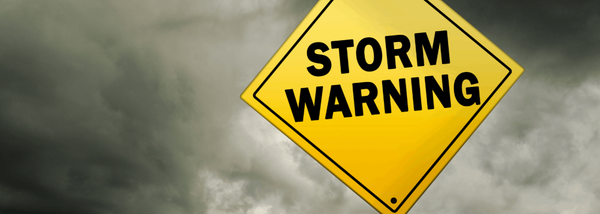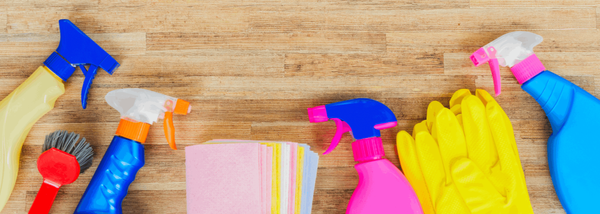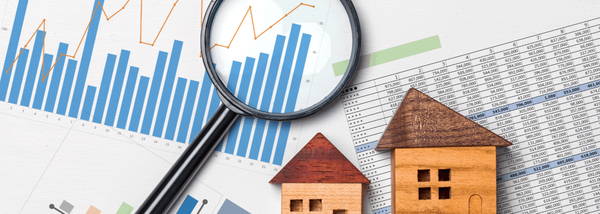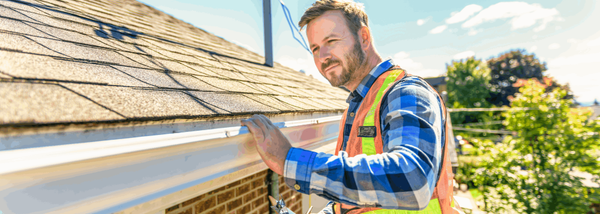Hurricane Season: Prepping Your Home and Family in Florida
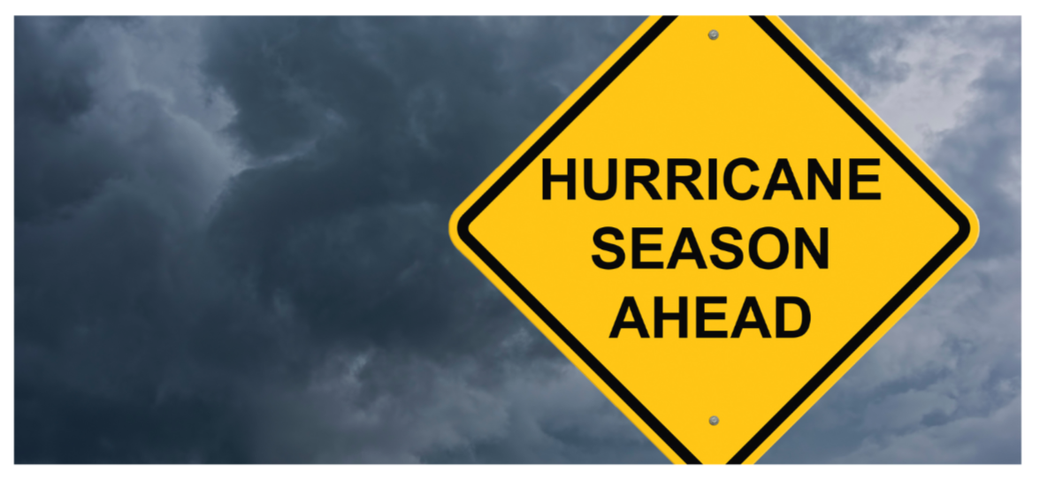
Introduction
Living in the Sunshine State, particularly in coastal counties like Manatee, Sarasota, and Charlotte, we're all too familiar with the potential threats hurricanes bring to our homes and communities. Our hurricane season stretches from June 1 to November 30. During this time, preparing for hurricanes isn't just a recommendation, it's a necessity. This guide offers valuable advice for Florida residents, with tips applicable across the state and county-specific resources.
Understanding the Risks
Due to its geographical location, Florida is particularly susceptible to hurricanes. The main hazards associated with these storms include high winds, storm surges, heavy rainfall, and flooding. The aftermath can lead to power outages, water supply contamination, property damage, and personal injury. To prepare effectively, it's vital to understand these risks and keep informed about your area's susceptibility to storm surge, flooding, and wind. It would be helpful to learn your local hurricane evacuation routes and use resources provided by the Florida Division of Emergency Management for a better understanding of these risks.

Securing Your Home
Your home serves as your shelter during a hurricane, making it crucial to ensure its fortification. You can do this by installing storm shutters or preparing 5/8" marine plywood to protect your windows. Doors should be reinforced with deadbolts, and garage doors need bracing to prevent wind from entering, which could cause dangerous structural damage. It's advisable to conduct regular inspections of your roof for signs of wear and tear, and the addition of hurricane straps or clips can help fasten your roof securely to your home's frame. To prevent windborne debris, regularly trim trees and shrubs around your house, remove dead branches, and secure or store loose items like garden furniture, toys, grills. Detailed guidelines for safeguarding your home are available on the Federal Emergency Management Agency (FEMA) website.
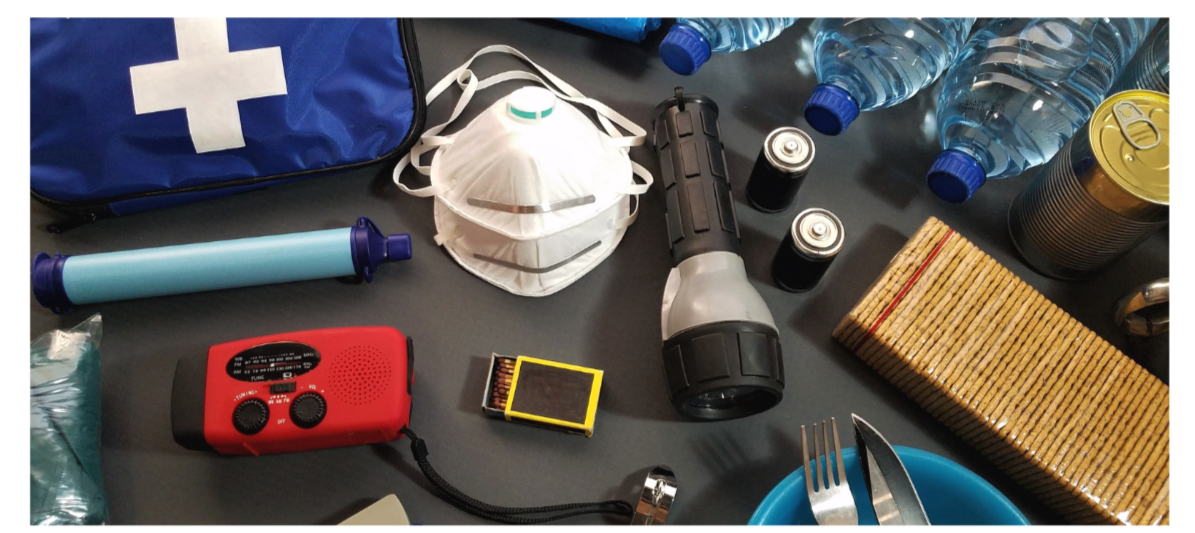
Creating a Disaster Kit
A well-prepared disaster kit can ensure comfort during the challenging times of a hurricane. It should include a two-week supply of water (one gallon per person per day) and non-perishable food. If you have pets, remember to stock their food too. Make a list of family members' medical needs and include a two-week supply of prescription medicines and essential over-the-counter supplies like pain relievers and stomach remedies. Protect your important family documents by keeping them in a waterproof and portable container. The kit should also contain safety items like flashlights, extra batteries, a hand-crank or battery-powered radio, a multi-purpose tool, and a manual can opener.
Family Emergency Plan
Having a comprehensive family emergency plan can reduce confusion and panic during a hurricane. It should include an out-of-town contact to relay information among family members. Ensure that every family member knows the contact's phone number and has the means to make contact. If an evacuation seems likely, keep a full tank of gas if you own a car. Pay special attention to the needs of infants, the elderly, pets, or family members with special medical requirements in your plan.
Local Resources
Manatee, Sarasota, and Charlotte Counties provide valuable resources to help residents prepare for hurricane season:
- Manatee County Emergency Management offers up-to-date information about local evacuation zones, a comprehensive disaster planning guide, and emergency notifications.
- Sarasota County's Emergency Services department provides residents with hurricane guides, flood zone maps, and evacuation zone maps. You can also sign up for Alert Sarasota County to receive emergency alerts via phone, text, or email.
- Charlotte County's Emergency Management department offers a comprehensive disaster preparedness guide, evacuation zone maps, and access to the CodeRED Emergency Notification System.
Staying Informed
Staying updated before, during, and after a hurricane is critical. Rely on official sources for information about the storm's progression, evacuation orders, safe routes, and shelter locations. A battery-powered NOAA weather radio is particularly helpful in keeping you updated. Always remember to stay connected with your neighbors and local community and be ready to follow local evacuation orders.
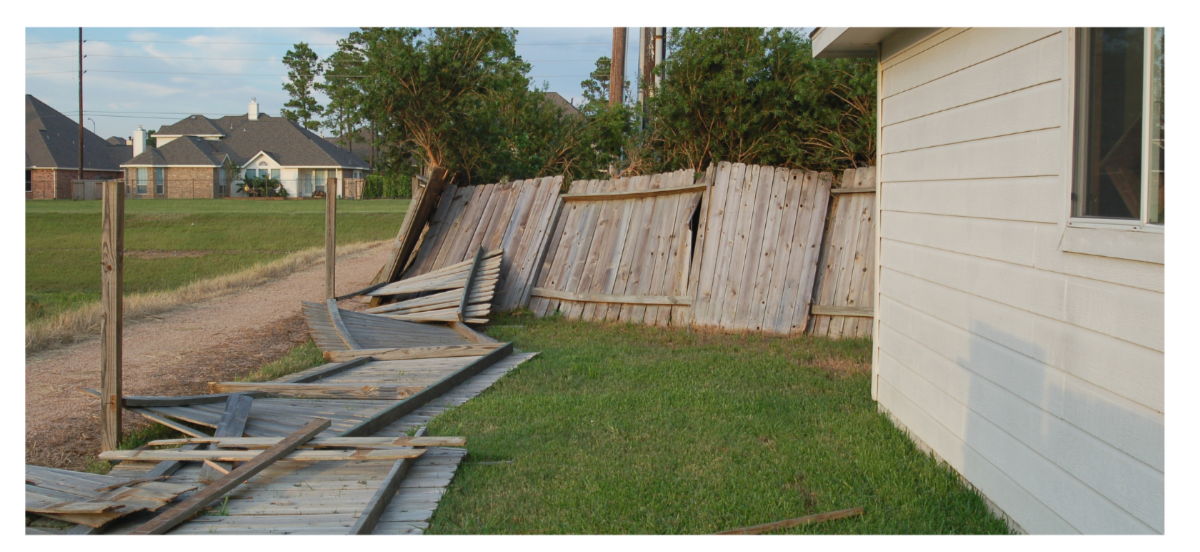
The Aftermath
The aftermath of a hurricane can be a challenging and confusing time. Document any property damage with photographs or video and contact your insurance company as soon as possible for assistance. Make sure everyone in your family is safe, and continue to follow local safety guidelines.
Additional Resources
Here are some additional resources that you may find useful:
- National Hurricane Center
- American Red Cross
- Florida Division of Emergency Management
- DisasterAssistance.gov
- Ready.gov
- National Weather Service
- National Flood Insurance Program
- Centers for Disease Control and Prevention (CDC) - Hurricane Preparedness
Conclusion
Preparation is paramount when it comes to navigating Florida's hurricane season successfully. By understanding the risks, securing our homes, preparing our families, and utilizing local resources, we can safeguard our safety and security. Staying connected with your local community and keeping informed through local and statewide alerts is equally crucial. Remember, the key to hurricane safety lies in early preparation. Stay safe and stay prepared!
Categories
Recent Posts


